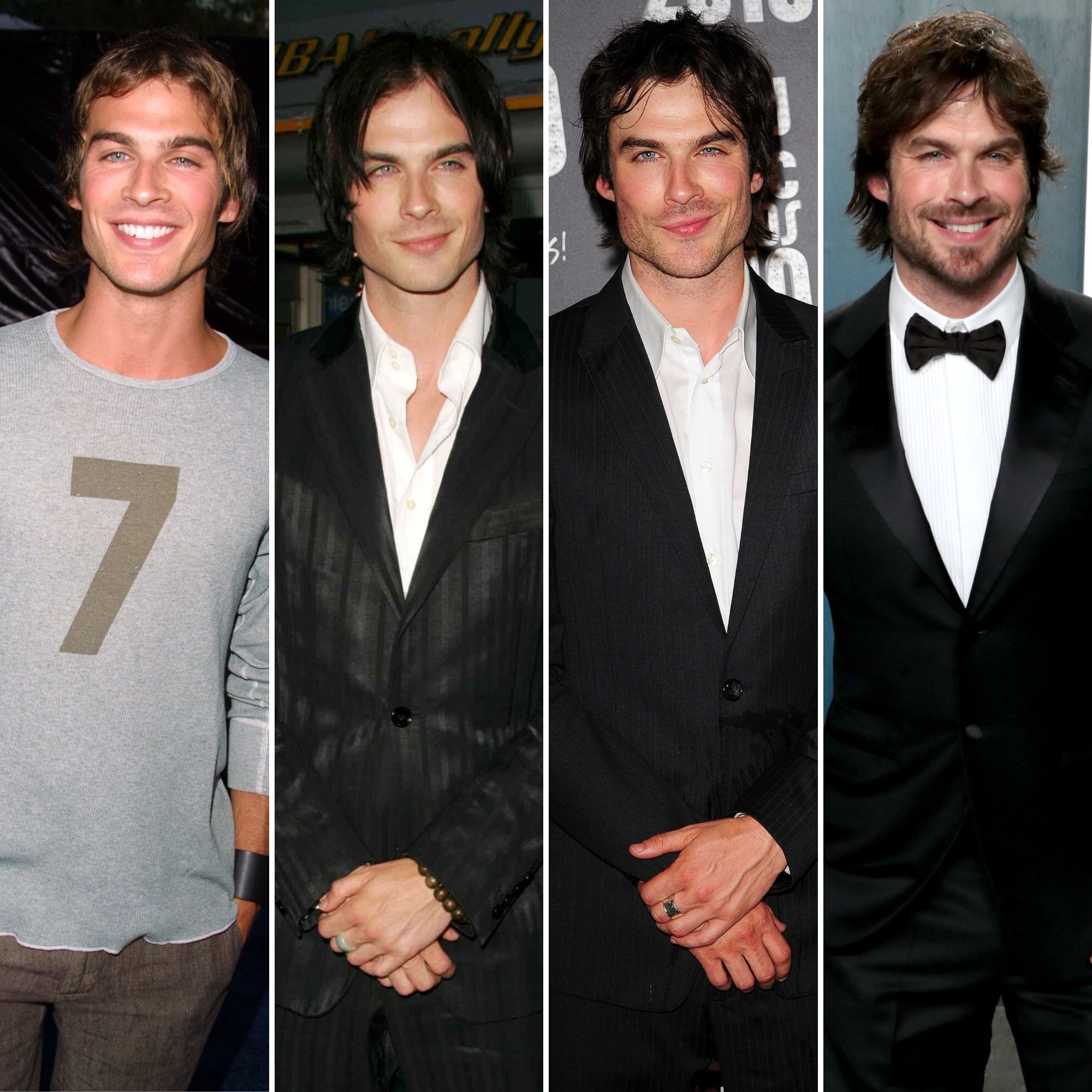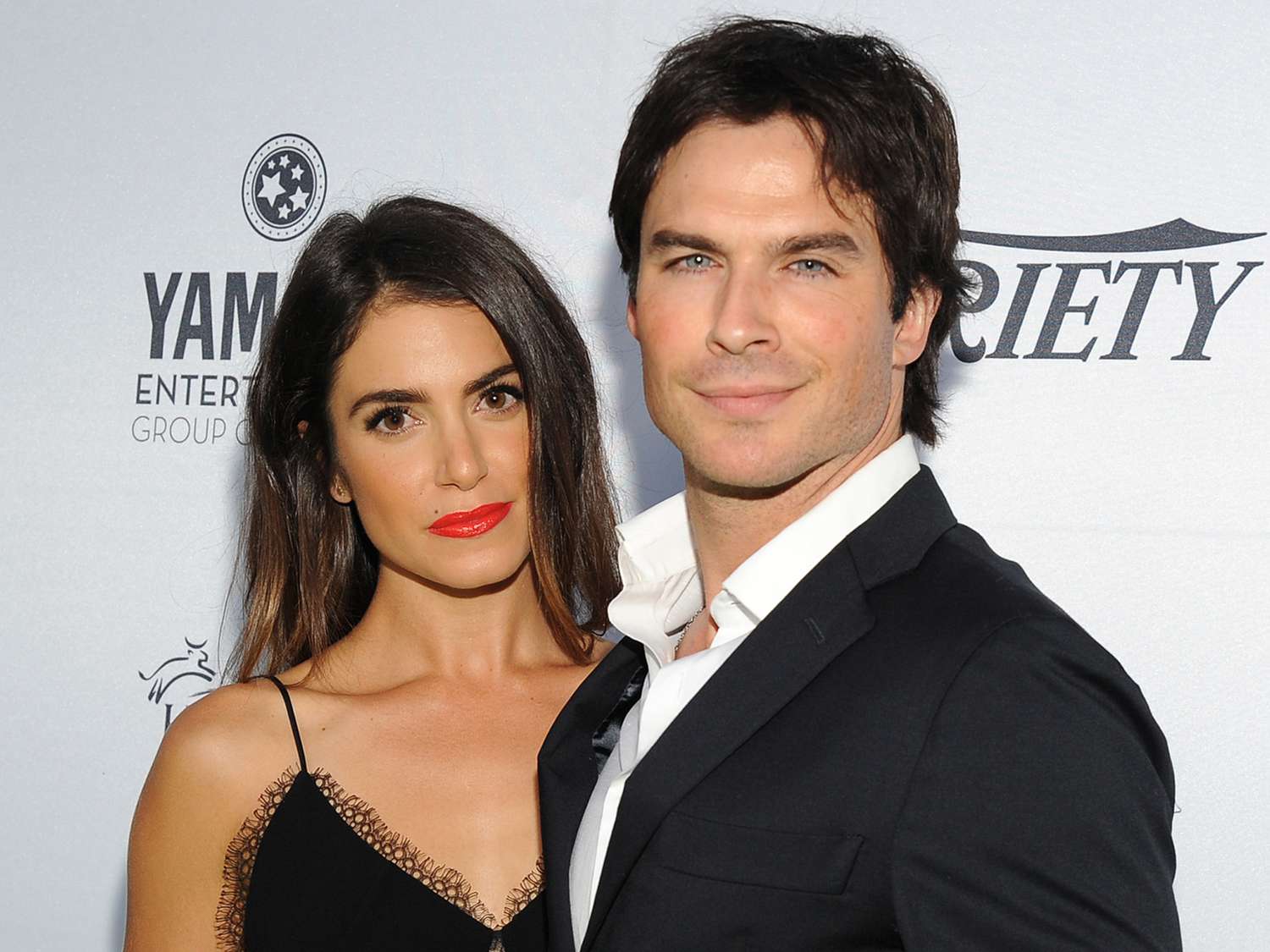Ian McKellen's Emotional Moments: A Breakdown During The Hobbit Filming
Have you ever wondered about the true human experience behind the magic of cinema, especially when it comes to a beloved figure like Sir Ian McKellen? There's a particular story from the making of "The Hobbit" films that really sheds light on the challenges even seasoned performers face. It's about a time when the acting legend, known for bringing Gandalf to life, found himself feeling quite overwhelmed on set.
The journey back to Middle-earth for "The Hobbit" trilogy was, for many, a dream come true. Fans were eager to see familiar faces return, and Sir Ian McKellen as Gandalf was, well, a perfect fit. Yet, behind the scenes, the process was, in a way, very different from the earlier "Lord of the Rings" films. This shift in how movies are made had a significant impact on him, causing some rather intense feelings, you know, during the production.
It's not every day you hear about an actor of his caliber having such a personal struggle with a role they've played so brilliantly before. But, as a matter of fact, the story of ian mckellen breakdown the hobbit offers a rare glimpse into the emotional toll that modern filmmaking techniques can sometimes take. We'll explore what happened and why it mattered so much to him, and to the craft of acting itself, in some respects.
- Sonny Bono Height
- Yuriorkis Gamboa Boxer
- Net Worth Bing Crosby
- Ruby Rose Net Worth
- Sarah Chalke Net Worth
Table of Contents
- About Sir Ian McKellen
- Ian McKellen: Personal Details and Bio Data
- The Return to Middle-earth and New Challenges
- The Impact of Green Screen Acting
- Feeling Alone in the Digital Space
- The Emotional Toll on an Actor
- Why His Experience Matters
- Gandalf the Grey and The Hobbit Films
- Lessons from the Set
- Frequently Asked Questions about Ian McKellen and The Hobbit
About Sir Ian McKellen
Sir Ian Murray McKellen is, basically, a British actor. He has a long and celebrated career, spanning over six decades. People know him for his stage work, particularly in Shakespearean and modern plays. He's also quite famous for his roles in big Hollywood films. You might recognize him as Gandalf in "The Lord of the Rings" and "The Hobbit" trilogies. He also played Magneto in the "X-Men" movies, you know.
His acting style is often praised for its depth and emotional honesty. He has received many awards throughout his career, including a knighthood for his services to the performing arts. He's someone who really puts his whole self into a part, which is why his experience on "The Hobbit" set was, perhaps, so impactful. He tends to be very open about his process, which is something many people appreciate.
Ian McKellen: Personal Details and Bio Data
Here's a quick look at some key facts about Sir Ian McKellen, just a little information for you:
- Rapper Lil Flip Net Worth
- Mark Driscoll Net Worth
- Sharon Case Net Worth
- Herbie Hancock Net Worth
- Net Worth Patti Labelle
| Full Name | Sir Ian Murray McKellen |
| Born | May 25, 1939 |
| Birthplace | Burnley, Lancashire, England |
| Occupation | Actor |
| Notable Roles | Gandalf (Lord of the Rings, The Hobbit), Magneto (X-Men) |
| Awards | Tony Award, Golden Globe Award, Screen Actors Guild Award, various nominations for Academy Awards and BAFTAs |
| Knighthood | 1991, for services to the performing arts |
The Return to Middle-earth and New Challenges
When Peter Jackson decided to bring "The Hobbit" to the big screen, it meant a chance for many of the original cast members to return. Sir Ian McKellen was, of course, asked to reprise his role as Gandalf the Grey. This was, in a way, exciting for him and for fans. However, the production methods had changed quite a bit since the early 2000s, which caused some unexpected difficulties.
The first "Lord of the Rings" films used a lot of practical sets, real locations, and clever camera tricks to create the illusion of different sizes for characters. For "The Hobbit," there was a much heavier reliance on green screen technology and visual effects. This meant actors were often performing alone, talking to tennis balls or marks on a wall. It was, quite honestly, a very different way of working for someone used to reacting to other people, you know, in person.
This shift in approach presented a pretty unique challenge for an actor like McKellen. He's someone who thrives on interaction, on the give and take with fellow performers. So, too it's almost, the isolation of the green screen stage became a significant hurdle for him, causing a rather unexpected emotional reaction. It really highlights how important connection is, even in a professional setting.
The Impact of Green Screen Acting
Green screen acting, sometimes called "chroma key" acting, is a method where actors perform in front of a solid color background, usually green or blue. Later, visual effects artists replace this background with a computer-generated environment. This technique is used very often in modern blockbusters. It allows filmmakers to create fantastic worlds that would be impossible or too expensive to build in real life, so.
For an actor, however, it means performing without the usual visual cues. Imagine trying to have a conversation with someone who isn't there, or reacting to a dragon that's just a piece of tape. It requires a huge amount of imagination and focus. Sir Ian McKellen, a veteran of the stage and traditional film sets, found this particularly difficult. He was used to tangible surroundings, you see, and fellow actors right there with him.
He expressed how strange it felt to be on a set that was, basically, just a green room, with no real props or other actors to play off of. This kind of work can feel very isolating, even for someone as experienced as him. It's a testament to his dedication that he pushed through these feelings, but they were, quite clearly, very real for him.
Feeling Alone in the Digital Space
Sir Ian McKellen spoke openly about a moment where he felt particularly down while filming "The Hobbit." He was on set, surrounded by green screens, and he was the only actor there for a scene. He was supposed to be interacting with characters who would be added later using special effects. This kind of solo performance, you know, can be very draining.
He described feeling so lonely and disconnected that he actually shed tears. This was a powerful moment for him, showing just how much the change in filming methods affected his acting process. He was used to the camaraderie of a film set, the shared experience of creating a scene with other people. So, too it's almost, being by himself in that vast green space made him feel quite isolated.
This feeling of being alone in a digital void was, apparently, a significant challenge. It highlighted the difference between acting with real people and reacting to something that isn't physically present. For an actor whose craft relies so much on human connection, this was a very profound experience. It really goes to show that even the most famous actors have their moments of struggle, you know, just like anyone else.
The Emotional Toll on an Actor
The story of Sir Ian McKellen's emotional moment on "The Hobbit" set is a pretty good reminder that acting is, in a way, a very demanding job. It's not just about memorizing lines; it's about channeling emotions, reacting authentically, and connecting with a character and their world. When the tools that help an actor do that are taken away, or changed so drastically, it can be very unsettling.
For McKellen, the lack of other actors and real sets meant he had to rely entirely on his imagination. While he has a powerful imagination, as a matter of fact, the sheer scale of "The Hobbit" and the constant green screen work became a heavy burden. It's a bit like trying to have a lively conversation when you're the only one talking, you know, and there's no one to respond.
This kind of sustained imaginative effort, without the usual support of a physical environment or fellow performers, can be quite exhausting. It speaks to the human element of filmmaking, reminding us that even with all the technology, the core of a performance still comes from a person's feelings and reactions. His experience really brings that point home, in some respects.
Why His Experience Matters
Sir Ian McKellen's candidness about his struggles on "The Hobbit" set is, basically, very important for several reasons. First, it pulls back the curtain on the realities of modern filmmaking. It shows that while visual effects create amazing spectacles, they can also create a difficult environment for the actors who bring the stories to life. It's not always as glamorous as it seems, you know.
Second, it validates the feelings of other actors who might face similar challenges. Knowing that someone as accomplished as McKellen found it tough can make it easier for others to talk about their own experiences. It normalizes the idea that even professionals can have moments of vulnerability. This is, quite clearly, a good thing for the industry.
Third, it encourages a conversation about how to better support actors in VFX-heavy productions. Perhaps there are ways to incorporate more practical elements, or to create more interactive environments, even if they are digital. His story serves as a reminder that the human element, the actor's well-being, is still a very important part of the creative process. You can read more about his specific comments in interviews from that time, as a matter of fact.
Gandalf the Grey and The Hobbit Films
Despite his personal difficulties, Sir Ian McKellen delivered, quite honestly, another memorable performance as Gandalf in "The Hobbit" trilogy. The films, "An Unexpected Journey," "The Desolation of Smaug," and "The Battle of the Five Armies," brought J.R.R. Tolkien's earlier story to a new generation of viewers. Gandalf's role in these stories is, you know, very central, guiding Bilbo Baggins and the dwarves on their quest.
His portrayal of Gandalf is, in a way, iconic. He captures the wizard's wisdom, his occasional impatience, and his deep care for the inhabitants of Middle-earth. Even when he was struggling with the filming process, his dedication to the character shone through. That, is that, a true mark of a professional. It's pretty incredible when you think about it.
The fact that he managed to create such a compelling character under those circumstances makes his performance even more impressive. It shows his deep commitment to the craft and his ability to push through personal discomfort for the sake of the art. The films, you know, are loved by many, and his Gandalf is a big reason why, in some respects.
Lessons from the Set
The experience of ian mckellen breakdown the hobbit offers some valuable lessons for everyone involved in filmmaking. It highlights the importance of understanding the actor's perspective, especially when relying heavily on new technologies. It's not just about what looks good on screen; it's also about the human beings who are making it happen, you see.
For actors, it's a reminder that it's okay to find aspects of the job challenging, even if you're a legend. Openly discussing these difficulties can help create a more supportive environment for everyone. It shows that vulnerability is not a weakness, but a part of the creative process. This is, you know, a pretty good takeaway for anyone in a creative field.
Ultimately, the story of Sir Ian McKellen's emotional journey on "The Hobbit" set adds another layer to our appreciation of the films. It reminds us of the dedication and the personal cost that can go into bringing these fantastical worlds to life. So, too it's almost, the next time you watch Gandalf on screen, you might have a slightly different appreciation for the magic he creates, and the person behind it.
Frequently Asked Questions about Ian McKellen and The Hobbit
People often have questions about Sir Ian McKellen's time filming "The Hobbit." Here are a few common ones:
Did Ian McKellen cry on The Hobbit set?
Yes, he openly shared that he did. He found himself in tears during a scene where he was acting alone against a green screen, feeling isolated without other actors or practical sets to interact with. This was, apparently, a very emotional moment for him.
Why was filming The Hobbit difficult for actors?
Filming "The Hobbit" was challenging for some actors, particularly due to the extensive use of green screen technology and high frame rate (HFR) filming. This meant many scenes required actors to perform in isolation, reacting to things that weren't physically present, which can be very disorienting for performers used to more traditional methods, you know.
How did Ian McKellen feel about playing Gandalf again?
While he had emotional difficulties with the filming process due to the green screen work, Sir Ian McKellen generally expressed excitement about returning to the role of Gandalf. He loves the character and the world of Middle-earth, but the technical aspects of the production presented unexpected personal challenges for him, in a way.
- Les Twins Net Worth
- Net Worth Of Doug Christie
- Tim Mcgraw How Tall
- Darrell Waltrip Net Worth
- Will Sasso Net Worth

Ian Somerhalder 90s - A Look Back At His Early Days

30 Facts About Ian Wheeler - Facts.net

50 Facts About Ian Happ - Facts.net